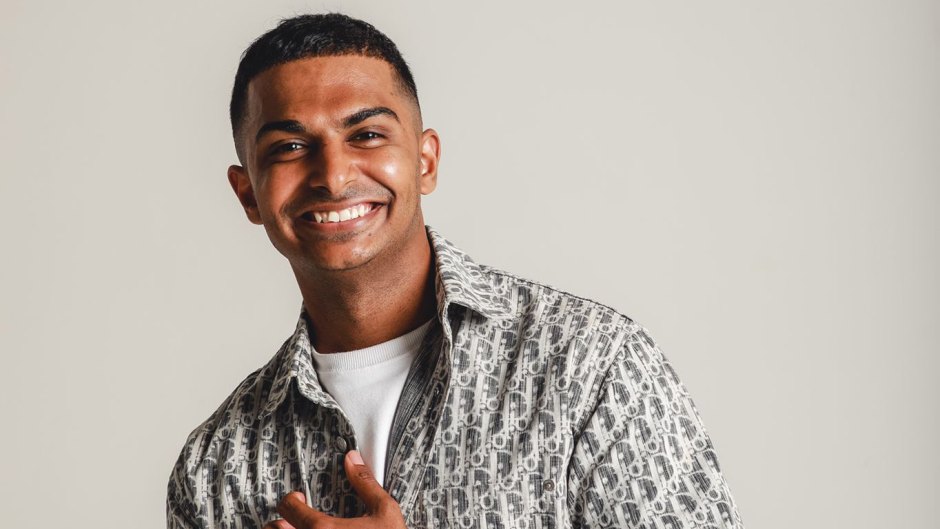
How Kaif Uses Challenges to Climb to the Top
Slowly but surely, cryptocurrencies are reaching the mainstream. Just a few years ago, in 2015 a survey showed that 48% of American adults had any level of knowledge of Bitcoin, the most prominent coin at the time, according to the Pew Research Center. Only 1% said they actually used Bitcoin in any way. Six years later, 86% of adult Americans have heard of cryptocurrencies, while 16% have used them. No one knows how many people will be starting to use cryptocurrencies a couple of years from now, but there’s a strong incentive to learn about them as soon as possible. The reason? Financial independence and diversification of income.
“Financial independence is a necessity for the future, and cryptocurrency is one of the ways people can achieve it,” says Kaif. “We live in an era where savings have lost their value, where moving out alone is next to impossible, where it’s simply not enough to have a single source of income. People already need something outside of their nine-to-five work. For me, that’s crypto.”
Kaif is a member of the growing group of cryptocurrency traders who have used the volatile crypto market to find great success with awesome returns. Kaif can boast that he’s the first millionaire in his family, having made his first million before the age of 30. He’s also been able to impart that knowledge to other people and free them from their nine-to-five toiling. To get to the position where he’s able to help people break out of debt or bad life choices, he had to tackle some serious challenges of his own.
For starters, Kaif didn’t come from wealth. He grew up living in a council house in London. He wasn’t successful at school and got no support from his teachers. His early business ventures, though successful at first, quickly turned sour when people working with him showed their true faces.
When it comes to cryptocurrencies, the challenges he had to deal with were many. When he saw his first investment go from £700 to £30,000, and then back to £1,000 within just days, Kaif saw that he lacked the knowledge and the skills to be a successful trader. He decided to learn them, but there he came up with another challenge. “The skills for trading aren’t that hard to learn,” Kaif explains. “The real challenge lies in managing emotions. Traders need to be strong enough, emotionally, to sit out large moves when the risk would be too high. They also need to make moves when they’d much rather stay indecisive. And then there’s the strength to know how to walk away after loss and not risk everything they have to try to get their loss back.”
To make sure he keeps his emotions in check, Kaif uses a journal to keep notes of his emotions before, during, and after trades. This exercise not only boosts his emotional intelligence—something that’s good for everyday living, too—but also lets him determine how his emotional states correlate with the success of his trades.
As someone who also helps other people on their way to trading-supported greatness, some of the challenges Kaif faces have to do with dealing with people. “Having patience with clients can sometimes be challenging, especially when you have a working formula that someone simply isn’t willing to follow,” says Kaif. “Some people simply lack financial maturity and self-control. They do well while they follow guidelines, then, with the encouragement of this success, they decide to go rogue and become rich overnight. Needless to say, it usually doesn’t go the way they planned.”
Kaif’s way to deal with these challenges is to acknowledge his powerlessness to change someone’s mentality. Some people have to learn things the hard way; Kaif was one of them, after all. So instead of wasting time and energy on things he cannot control, he doubles down on the things he can. He takes mental and emotional health breaks from trading, for example. This lets him recover, recharge, lead a healthy social life, and keep in mind that money isn’t the goal of life.
The market itself, and the ecosystem around it, have a reputation problem, and for a good reason; some bad people have been using cryptocurrencies for nefarious reasons. While they’ve certainly used regular currencies, too, without giving them a bad name, it’s important to be mindful that, in the world of crypto, there are some scammers. To prove he’s one of the good guys, Kaif likes to post trading challenges, where his entries and exits are transparently recorded and published, and where he gets to show people that it’s possible to go from $100 to $1,000 in a single day, for example.
“Transparency is really important in this business,” says Kaif. “My clients get to look at my portfolio, and these trades I record and post go a long way to show that I’m the real deal and that what people get on my Discord can help them. So yes, convincing people you mean well and can help them is yet another challenge that keeps me sharp and honest. At the end of the day, as long as I get to change lives, all of these challenges are worth it.”
Written in partnership with Luke Lintz

Have a tip? Send it to us! Email In Touch at contact@intouchweekly.com.
Members of the editorial and news staff of In Touch Weekly were not involved in the creation of this content.























